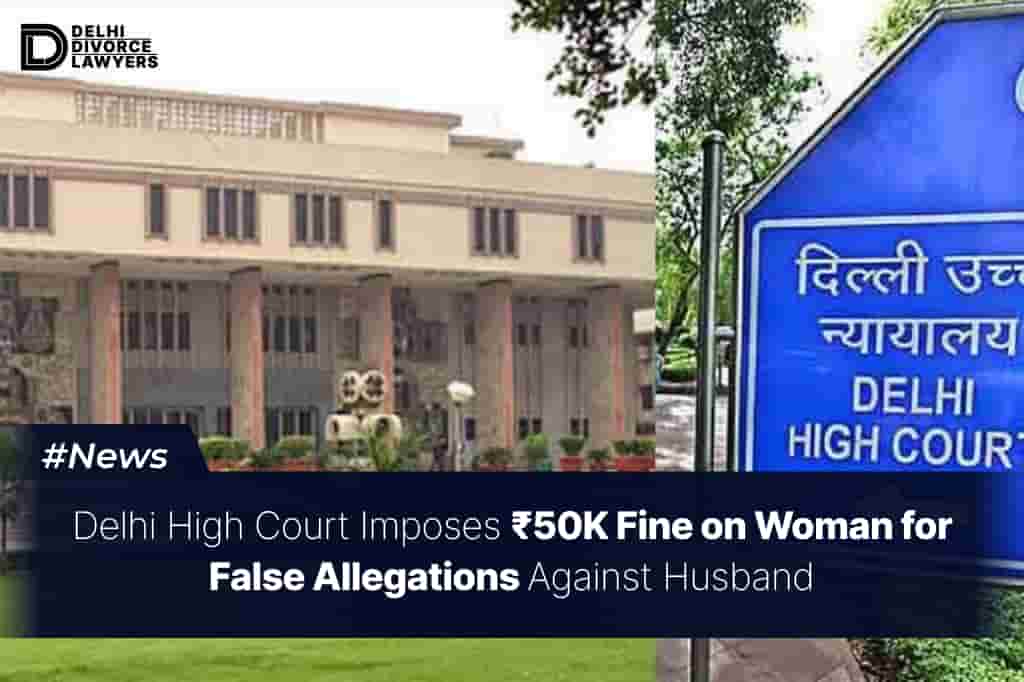The Court observed that the woman who had filed the contempt petition against the husband and his parents had herself acted in violation of the Family Court orders.
The Delhi High Court recently imposed a cost of ₹50,000 on a woman who had filed a petition against her estranged husband and in-laws, alleging they caused a disturbance during a scheduled child visitation.
However, the Court found that it was the woman who had provoked her husband’s reaction.
A Bench comprising Justice Navin Chawla and Justice Renu Bhatnagar observed that the woman had recorded a video of the incident during the visitation.
Upon reviewing the footage, the Court determined that she had violated the family court’s directions and had been the one to instigate the conflict.
“On watching the video, it is our considered opinion that in fact, it was the petitioner and persons along with her who were instigating the respondent no. 1 into reacting in the way he did,” the Court stated.
The woman moved the court, accusing her husband and in-laws of breaching the family court’s directives by causing a disturbance during a child visitation, thereby amounting to contempt of court.
“When the respondent reached the venue of visitation, he intentionally disturbed the petitioner, her family members, her employers with the sole aim of shattering her confidence, curb her source of living by trying to get her fired from work and reduce her existence to mere grovelling,” the woman said in her plea.
After reviewing the video, the Court observed that the husband’s family had attempted to defuse the situation, while the petitioner was seen mocking them.
“We further notice that in the video, the respondent no. 2 even tried to request the persons accompanying the petitioner not to mock the respondent no. 1 and to allow the visitation to take place peacefully. However, this request, as is apparent from the video, was again mocked at,” the Court observed.
Accordingly, the Court dismissed the contempt petition and imposed costs.
“We further direct the petitioner to pay a cost of ₹50,000 out of which ₹25,000 shall be paid to the respondent no. 1 while the remaining ₹25,000 shall be deposited with the Delhi High Court Advocates Welfare Fund, within a period of four weeks from today,” the Court ordered.

